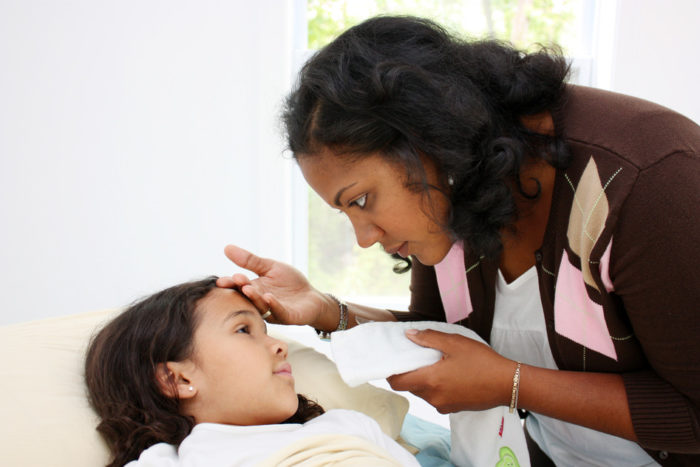Abdominal Pain In Children – Symptoms

What Are Some Symptoms Of Abdominal Pain In Children
When your child has 3 different episodes of pain in the abdominal area in a period of 3 months it is often referred to as Recurrent Abdominal Pain or RAP. During these flaring periods, the issue is often considered critical, and it can cause interference with the day to day activities of your child.
The percentage of kids affected between the ages of 4-12 can be as high as high as 30%. RAP can be rather tricky, because the symptoms from child to child may differ or vary from episode or on a case to case basis.
Abdominal Pain Symptoms
- Dull & Sharp Pain – Pain that can be either sharp or dull, lasting between a few minutes or up to several hours
- Extreme Discomfort – Extreme discomfort which results in cold sweats, a washed-out or sickly appearance, or pain which is so great that the child ends up stooped over in distress
- Soreness – Soreness that is in or around the stomach or belly button area
- Food Intake – Tenderness directly linked to food intake
- Nausea or vomiting, headache, or extremity pain which accompanies the pain in the abdominal area
- Lose of weight or appetite
Only about 10% of the kids who are determined to have RAP is there an actual physiological cause found. When the children presenting with RAP are examined and tested many times the child is found to be completely normal with no substantial abnormalities. RAP along with other illnesses that are categorized as chronic are intensified when life is more stressful, or if the child feels excited or upset.
Having a regular diet is highly important for a child with Recurrent Abdominal Pain. Meal skipping and over eating is frowned upon. Any foods that are known to cause gas, or specifically aggregate the stomach should not be eaten. When trigger foods, for instance dairy or spicy foods, are ingested it can cause the child to have a flare up.
Allowing your child to stick to their normal routine and activities as well as making sure that your child gets plenty of rest can be a positive influence on them, and key to helping them to learn to handle the stresses of their chronic condition.
Having a caring physician managing your child’s illness is important and can make all the difference in the life of your child.




Leave a Comment